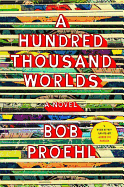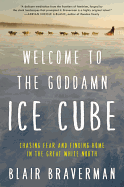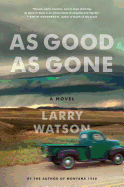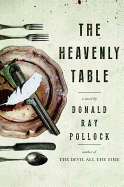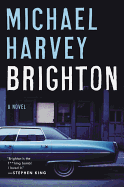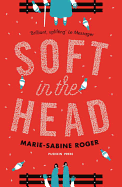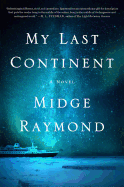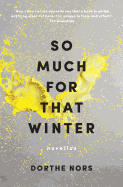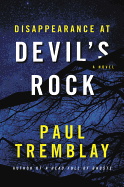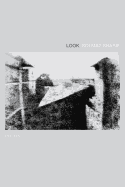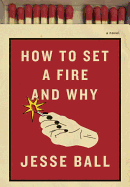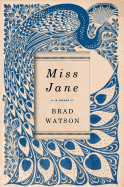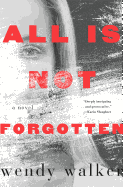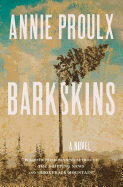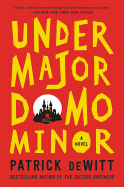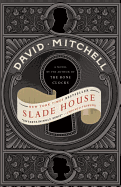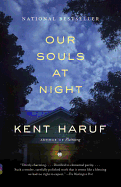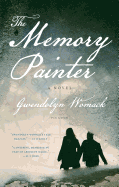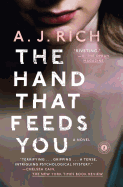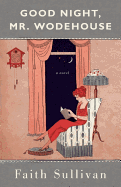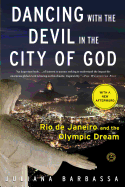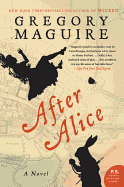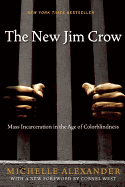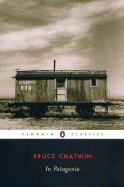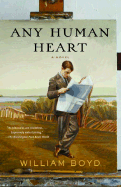 |
| photo: Nicola Goode |
Underground Airlines by Ben H. Winters (Mulholland Books, July 5), the number-one pick of independent booksellers for the July 2016 Indie Next List, imagines a present-day America in which the Civil War never happened and slavery is still practiced in four Southern states.
Victor, an escaped slave, has struck a deal with the U.S. Marshals Service, which is bound by law to seek out and return slaves that escape from one of the Hard Four states, where slavery remains legal. Now serving as a bounty hunter, Victor spends his days pursuing those fleeing slavery through the Underground Airlines network.
In many of his books, which span the genres of mystery, science fiction, parody, and, now, speculative nonfiction, Winters sets out to create stories rooted in our contemporary world but with a stark, significant difference.
"Speculative nonfiction or science fiction or mystery genres, which are my favorite places to play--are most successful when they are engaging with the real world," said Winters. "It isn't a matter of leaving behind reality to just have fun in an imaginary world, it's a matter of taking what we know, taking the real world that we live in with all of its discontents and problems and good things and bad, and transforming it in such a way that the result is illuminating."
Winters' Edgar Award-winning mystery trilogy The Last Policeman (Quirk Books), which concluded in 2014 with World of Trouble, takes place in the final year before a giant asteroid is set to collide with Earth; his retelling of classic works include Sense and Sensibility and Sea Monsters and Android Karenina, which are part of a series of similarly themed books from Quirk.
Winters' imagined America in Underground Airlines has a dark twist: millions of citizens--Persons Bound to Labor--are legally enslaved in the Hard Four states. In the rest of the country, racial tensions remain high. The world Victor navigates in Underground Airlines is uncomfortably similar to the current reality in America, a parallel, Winters said, that was not difficult to draw.
"The country's not that old. Slavery isn't that far in the past," he explained, noting that today's systemic racism, very much in existence, is displayed in the way African Americans, in particular, and all minorities can be limited in their opportunities. "That's not a problem that's distinct and separate from the fact that our country was founded with a system of racially based slavery."
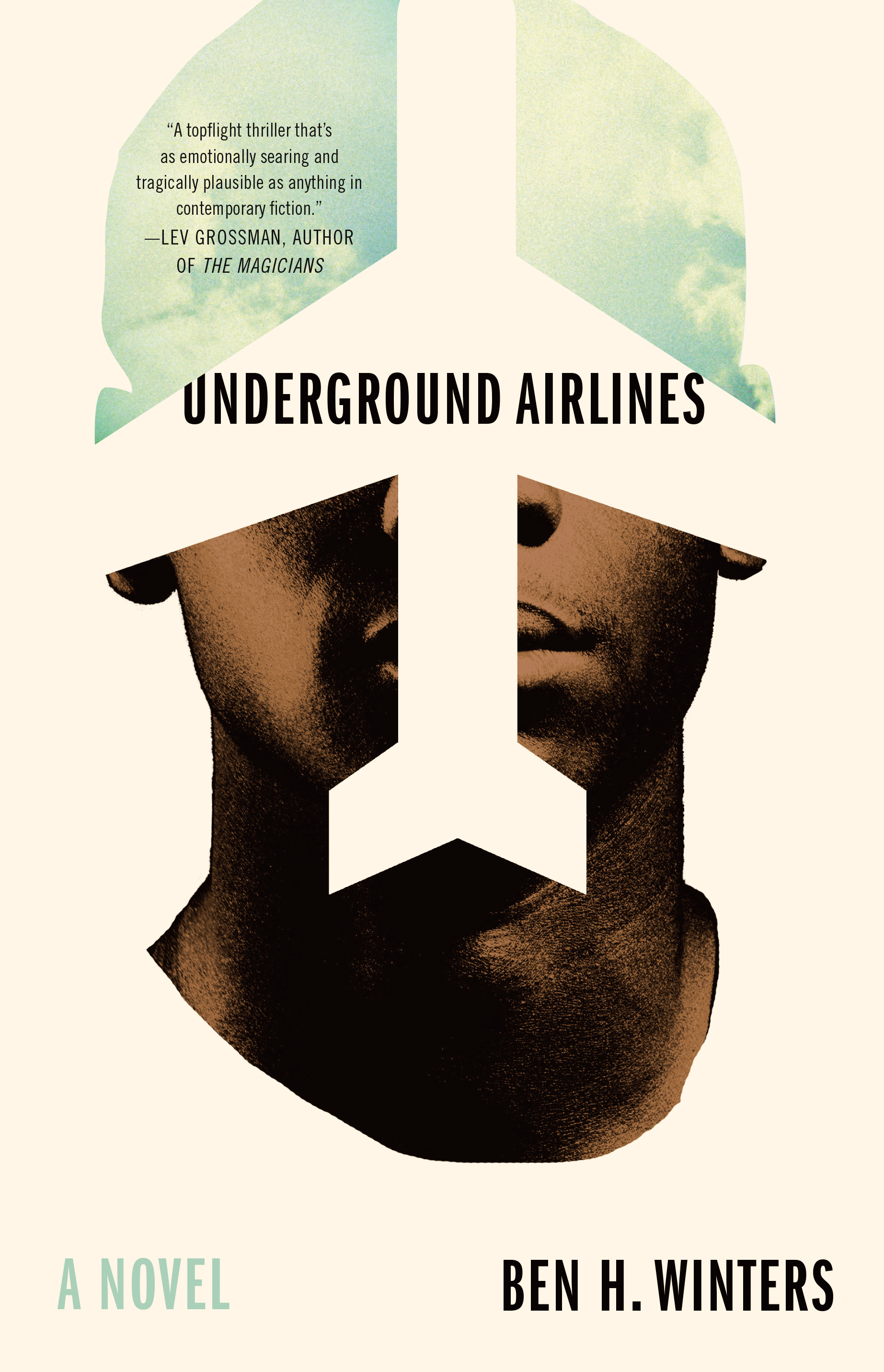 Throughout the novel, as Victor searches for an escaped slave named Jackdaw in an increasingly complex and mysterious case, he encounters white characters whose language and attitudes convey a clear prejudice against African Americans, even in the Northern states where slavery has been abolished. Victor is subject to random searches at the whim of police because of his skin color; black Freedman Towns are overpopulated, decaying slums on the edges of metropolitan areas; and Canada--the 49th parallel--is seen as the line beyond which one can live free from racism.
Throughout the novel, as Victor searches for an escaped slave named Jackdaw in an increasingly complex and mysterious case, he encounters white characters whose language and attitudes convey a clear prejudice against African Americans, even in the Northern states where slavery has been abolished. Victor is subject to random searches at the whim of police because of his skin color; black Freedman Towns are overpopulated, decaying slums on the edges of metropolitan areas; and Canada--the 49th parallel--is seen as the line beyond which one can live free from racism.
During a full-body search, Victor's thoughts echo the writing of Ta-Nehesi Coates in Between the World and Me (Spiegel & Grau), which addresses race in America. As he submits to groping hands in his pockets, on his skin, Victor thinks: "Lesson one: Your body is not your own."
Winters was nearly finished writing Underground Airlines when Between the World and Me was published in the summer of 2015, and when he read it, he was moved.
"The examples [Coates] gives of the routine sense of inferiority that black people are made to feel in this country, those are things that were on my mind when I was writing--in particular the sense of your body belonging to the state," said Winters. "That is not new. That goes back to slavery--the idea that if you left the plantation, you had better have papers on you, that any group of white people out on the road could stop and search you and take you."
The state of racial relations in the United States, beginning with the death of Trayvon Martin in 2012 and continuing with the many headlines about violent police interactions with minorities, inspired Winters to begin writing Underground Airlines.
"As I thought about what kind of novel I wanted to write next, it seemed to me that this was the thing that was worth writing about--this is the thing that matters, this is the most urgent problem that we have," he said. "I had the idea to take this figurative idea that, in a way, slavery is still with us and make it a literal idea, slavery is still with us, and see what it felt like to write that world. Unfortunately, there are a lot of ways that the world is not that different."
Having booksellers select Underground Airlines as the top Indie Next List Pick for July has been a tremendous honor, said Winters, who added that he's been very happy to see the very important role independent bookstores have continued to play in the publishing industry. "It's because of human beings," he said. "I think that people still long for that contact in their lives, and they long for that curated experience."
Winters, who grew up in Maryland, has lived in several different cities around the country and has found a favorite indie bookstore in each. Among his favorites, he named BookCourt and Greenlight Bookstore in Brooklyn; Indy Reads Books in Indianapolis; and Left Bank Books in St. Louis. Winters and his family recently moved to Los Angeles, where he is beginning to explore the indie bookstore scene. --Interview by Sydney Jarrard for Indie Next List
Author Ben H. Winters on Underground Airlines, July's #1 Indie Next List Pick




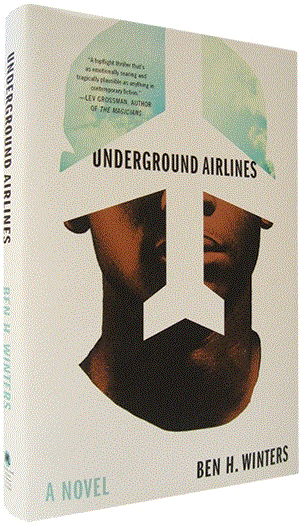

 Throughout the novel, as Victor searches for an escaped slave named Jackdaw in an increasingly complex and mysterious case, he encounters white characters whose language and attitudes convey a clear prejudice against African Americans, even in the Northern states where slavery has been abolished. Victor is subject to random searches at the whim of police because of his skin color; black Freedman Towns are overpopulated, decaying slums on the edges of metropolitan areas; and Canada--the 49th parallel--is seen as the line beyond which one can live free from racism.
Throughout the novel, as Victor searches for an escaped slave named Jackdaw in an increasingly complex and mysterious case, he encounters white characters whose language and attitudes convey a clear prejudice against African Americans, even in the Northern states where slavery has been abolished. Victor is subject to random searches at the whim of police because of his skin color; black Freedman Towns are overpopulated, decaying slums on the edges of metropolitan areas; and Canada--the 49th parallel--is seen as the line beyond which one can live free from racism.